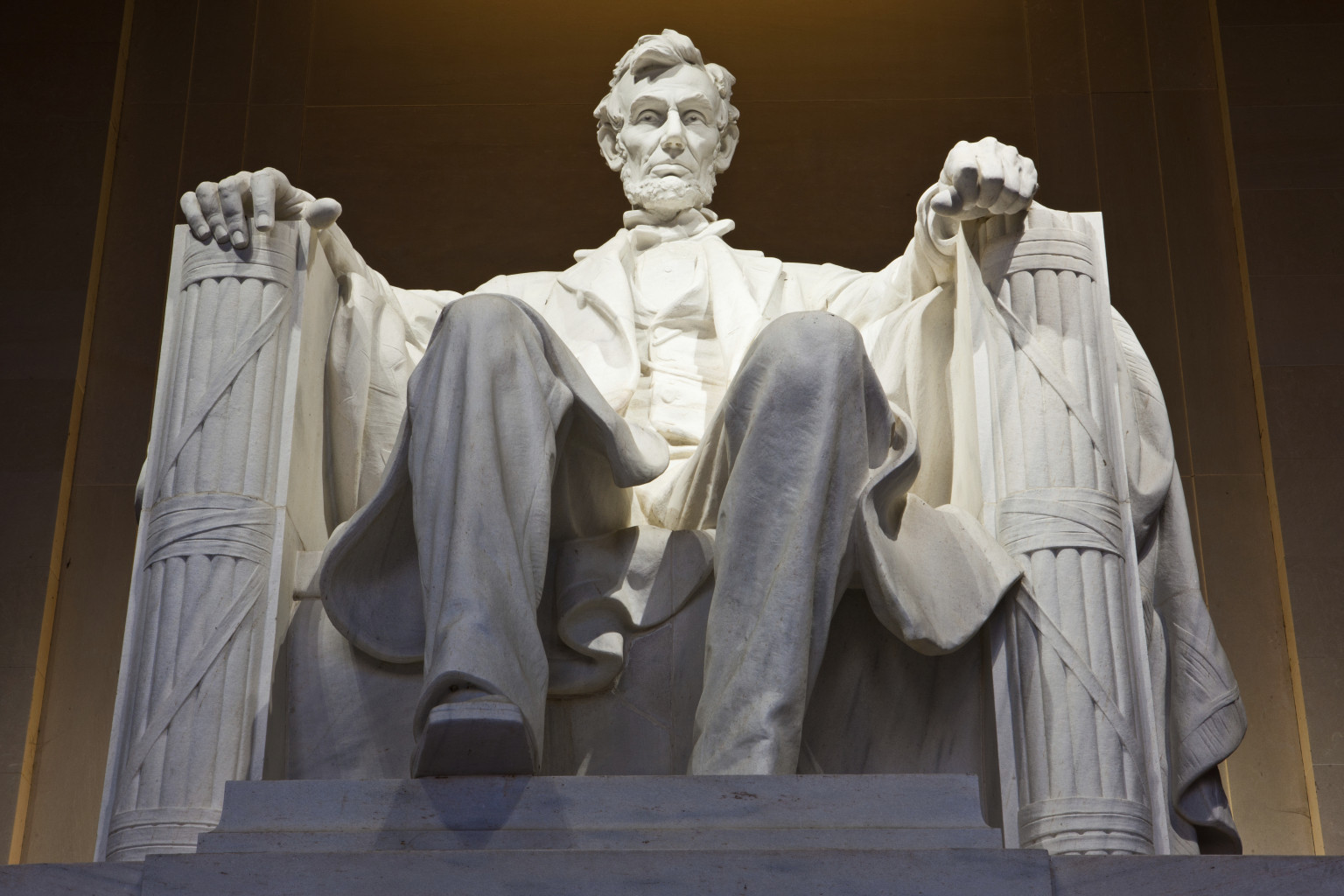1. Choke down the vomit, and fully back Ted Cruz
Maybe Cruz wins enough delegates to win the nomination. This is probably a long shot, but it dovetails nicely with a number of other strategies,
Pros: Cruz is (?) better than Trump at getting conservatives out to vote, which helps down-ticket races.
Cons: Cruz is no better than Trump at actually winning the presidency
2. Contested Convention
Deprive anyone from getting a majority of electors, then pick a different candidate than Trump in a contested convention.
Cons: Trump goons riot. Also, nobody is going to agree to who the anti-Trump candidate is. If they could, we wouldn't be here.
Pro: Trump goons riot, convincing everyone that you made the right decision. And you really have only two choices as to the who is the Anti-Trump: Cruz, or Kasich. Democracy says, pick they guy with the most votes. So go with Kasich. If you were going to listen to the people, you would be going for Trump.
3. Run a Republican as an independent candidate.
Sure, no chance the sucker is going to actually win, but he might take enough votes away from Trump to keep him from winning.
Cons: Nobody signs up to be a sacrificial lamb
Pros: Would give true Republican voters someone to vote for, ensuring they don't stay home, and thus ensure votes for down-ticket candidates. And who knows, Rubio might be willing to wear a lambswool suit.
4. Third party run.
Maybe Ted Cruz convinces the Libertarians to pick him as their presidential candidate in exchange for some cabinet positions. Since the Libertarians already have ballot access in 34 states, this would be easier than running as an independent. While any third party candidate's chances are small, all they have to do is take enough votes away from Trump so that he loses the general election.
Pros: Better chances than running as an independent.
Cons: You have to give THEM something in exchange. But really, does the Federal Reserve do anything useful anyway?
5. State legislatures take electoral college elector selection into their own hands.
So, it turns out,, there aren't any hard and fast rules as to how electors are picked or how they vote. Sure, most states require them to vote for the candidate who won the state, but states can change that. So, Texas could pass a new law that says electors will be appointed by the governor, and must vote as the governor specifies.
Pros: Many conservatives are already questioning the 17th amendment as an abrogation of state's rights. This is the logical corollary.
Cons: Hopefully, most voters find such anti-democratic actions repugnant.
6. Proportional Distribution of Electors
OK, so maybe method 5 strikes many people as heavy handed and anti-(small d) democratic. But state legislatures can fight Trump AND be more democratic at the same time. If strong Trump states pass a law that says electors will be selected based on the distribution of votes, that could prevent Trump from getting all the electors. So Texas, for example, could pass such a law, and if Trump were winning in Texas by 55%, he would only get 15 electoral college votes. Under the current winner-take-all vote system, he would get all 28. Two states (Maine and Nebraska) already do this.
Pros: Anti-Trump. Pro-democracy. Why aren't we already doing this?
Cons: Would make the general election more (small-d) democratic, and thus more (big-D) Democratic. Still, you could always change the laws back again after the election. No one will notice.
7. Throw the election into the House.
So, by both running a third party candidate that is popular in a large state, AND changing the elector selection to proportional electors (or whomever the state chooses), you could possibly prevent either Clinton OR Trump from getting enough votes to win. In this case, the president is elected by the House of Representatives with each state getting a single vote, but they are limited to voting for the top three candidates that the electors voted for (sorry, Paul Ryan).
Pros: That handful liberal milk-farmers in Vermont get just as many votes as the entire state of Texas
Cons: You are still stuck with choosing between Clinton, Trump, and Cruz



